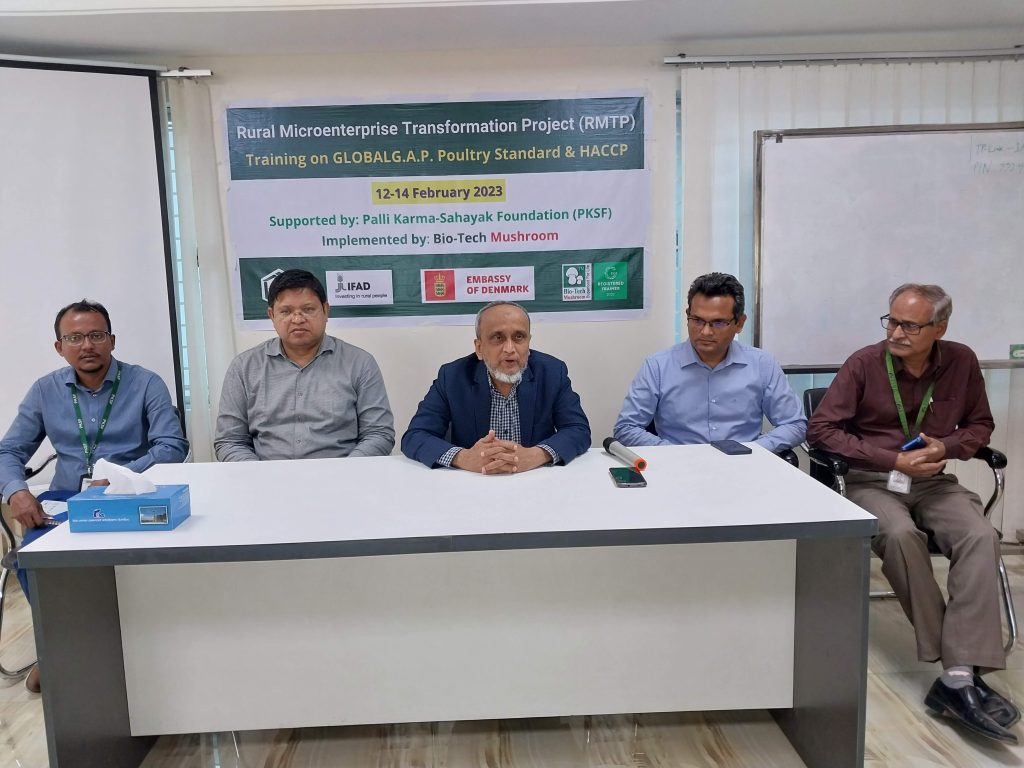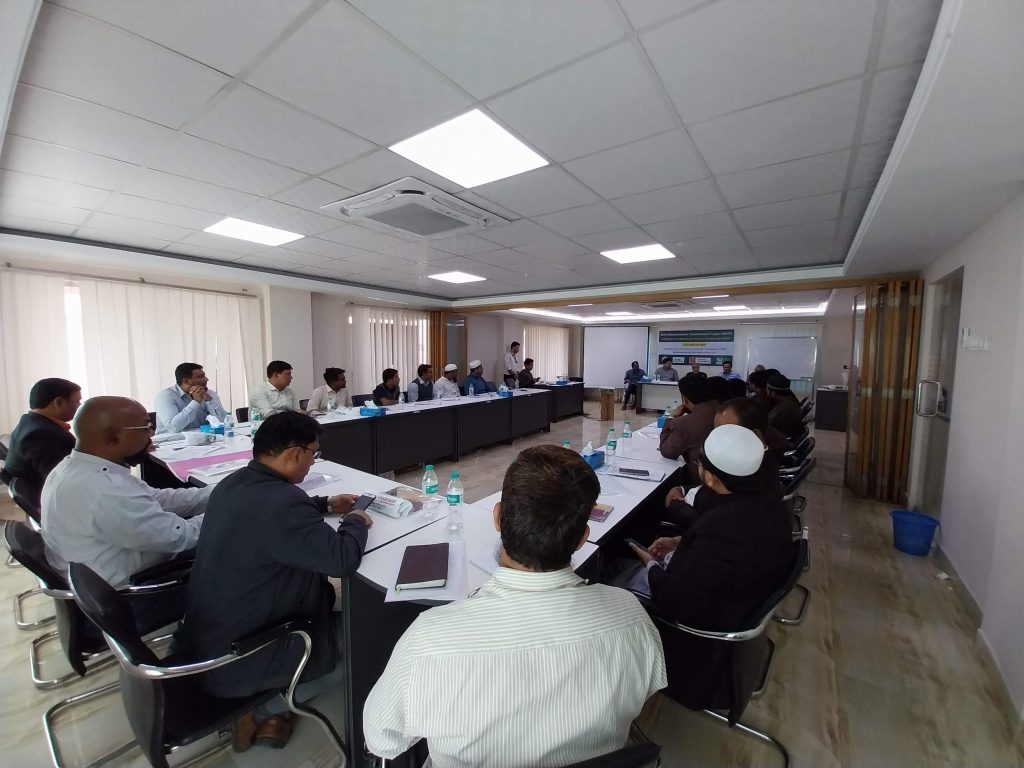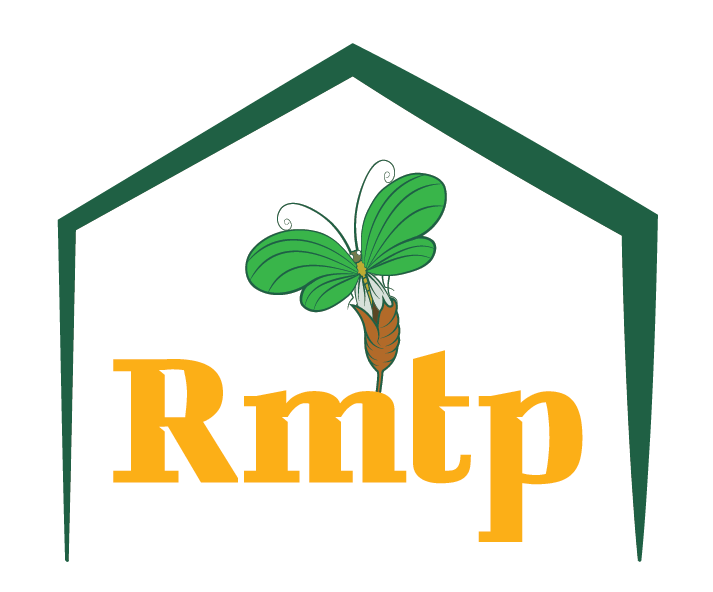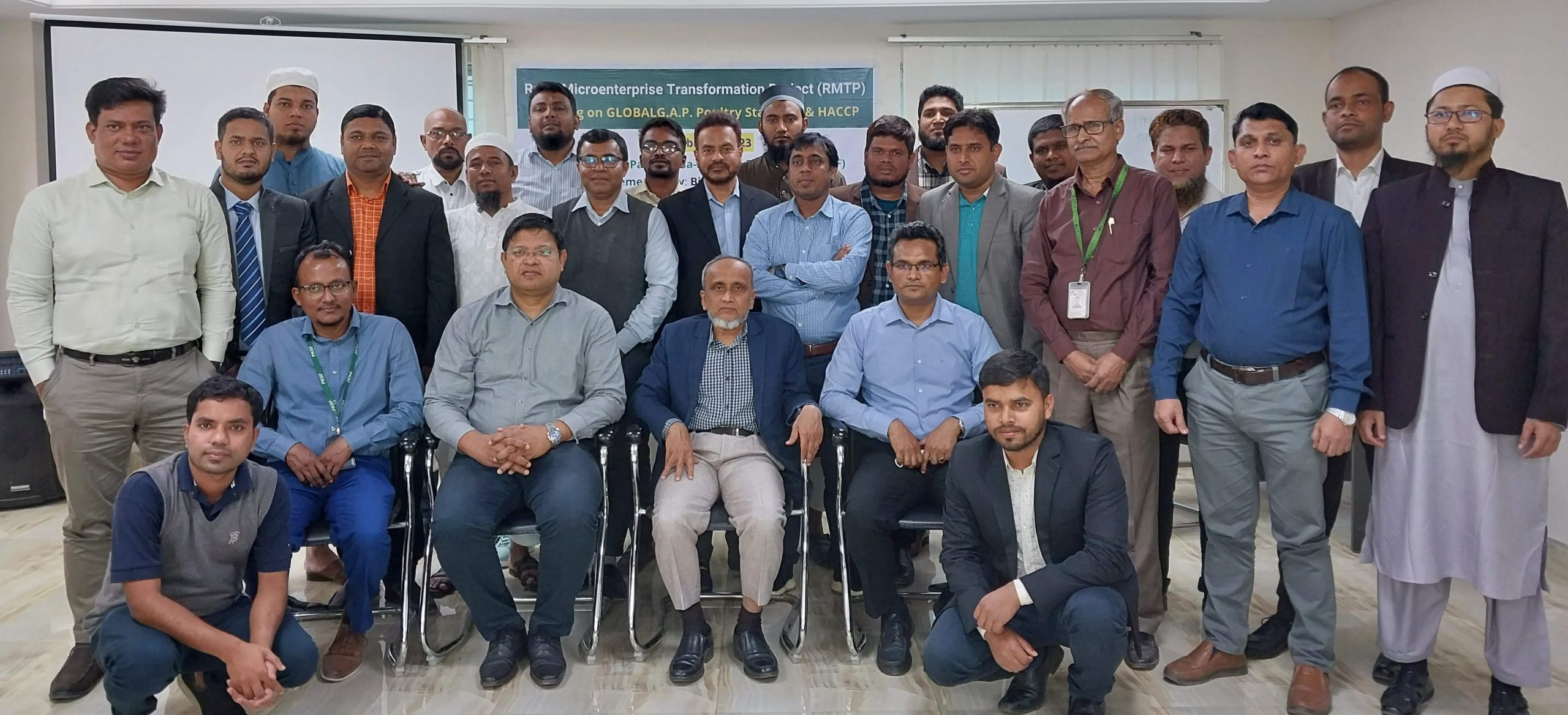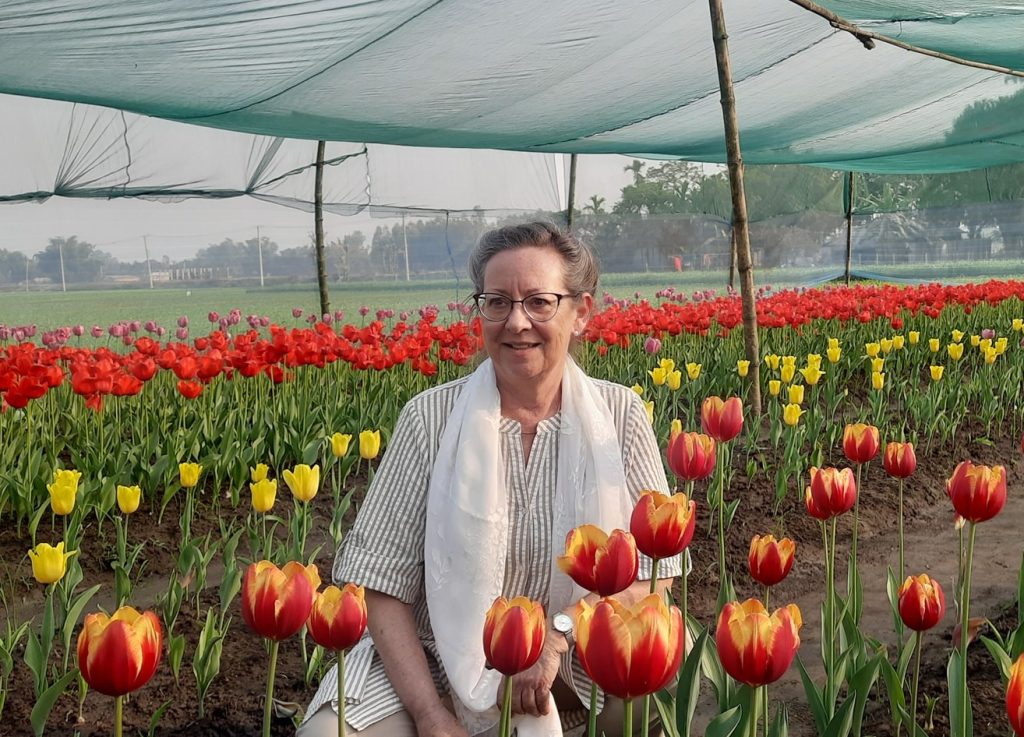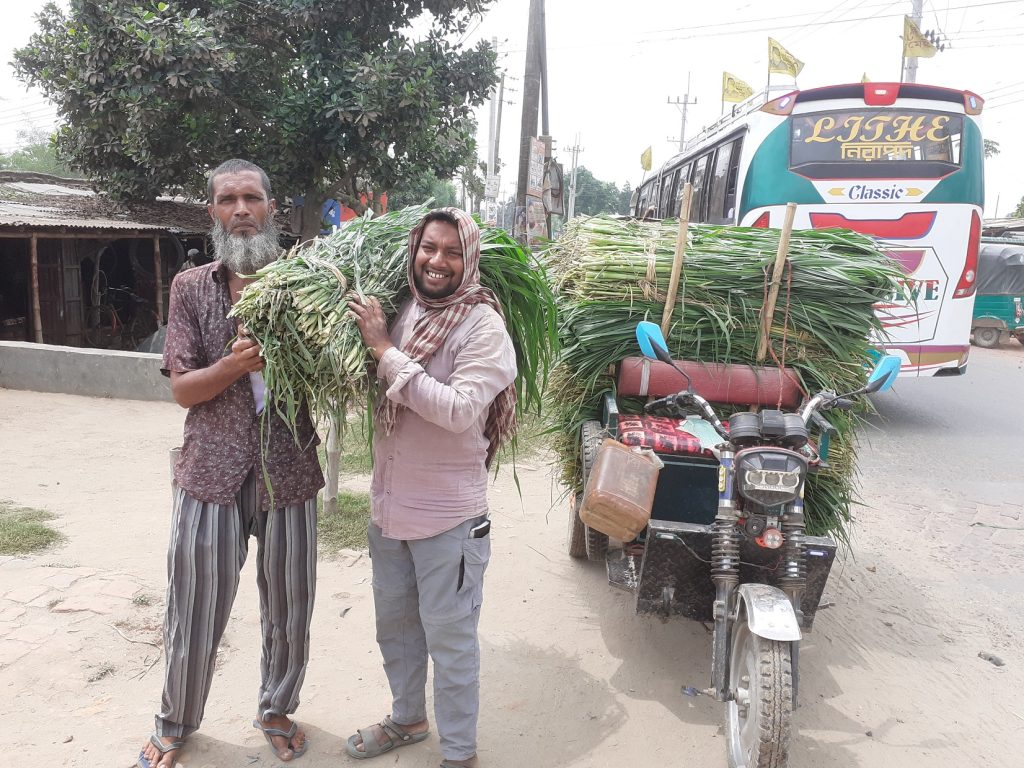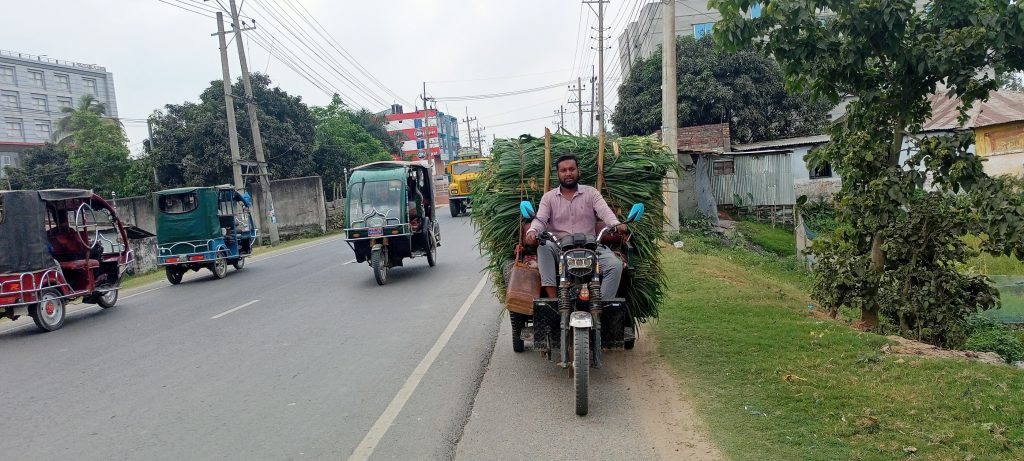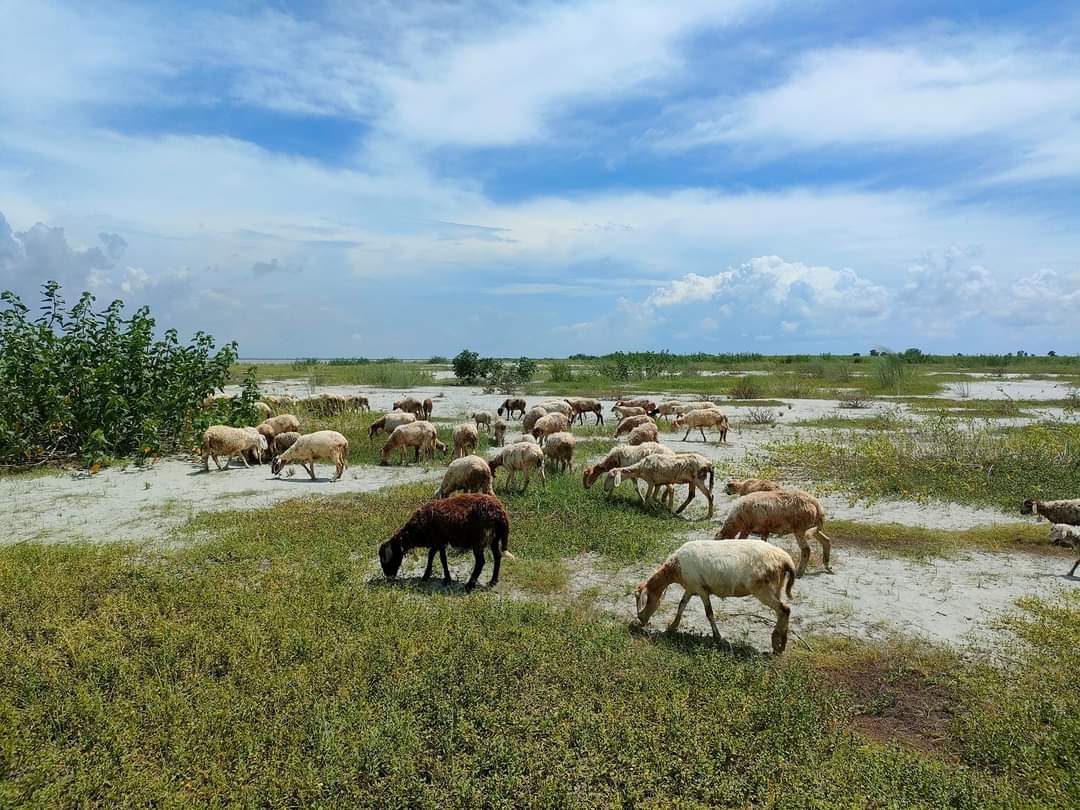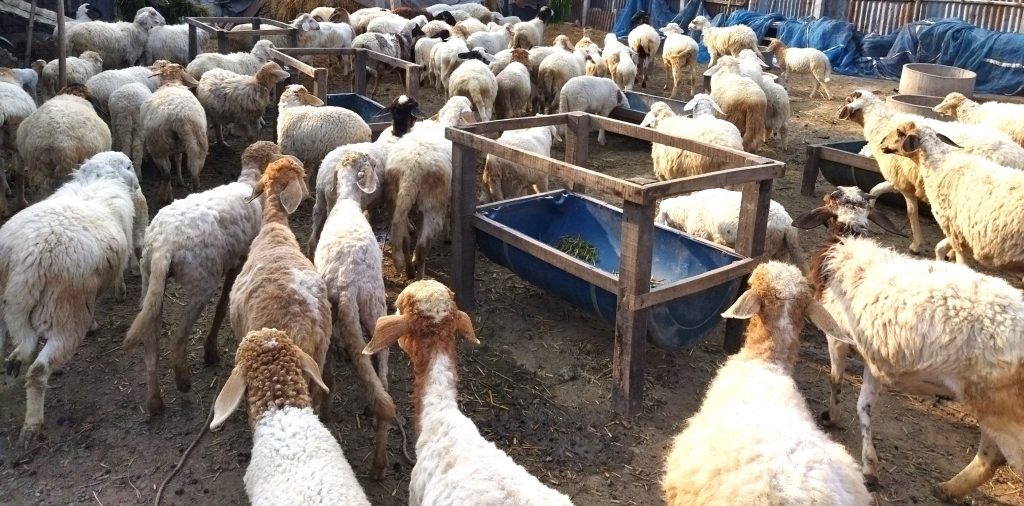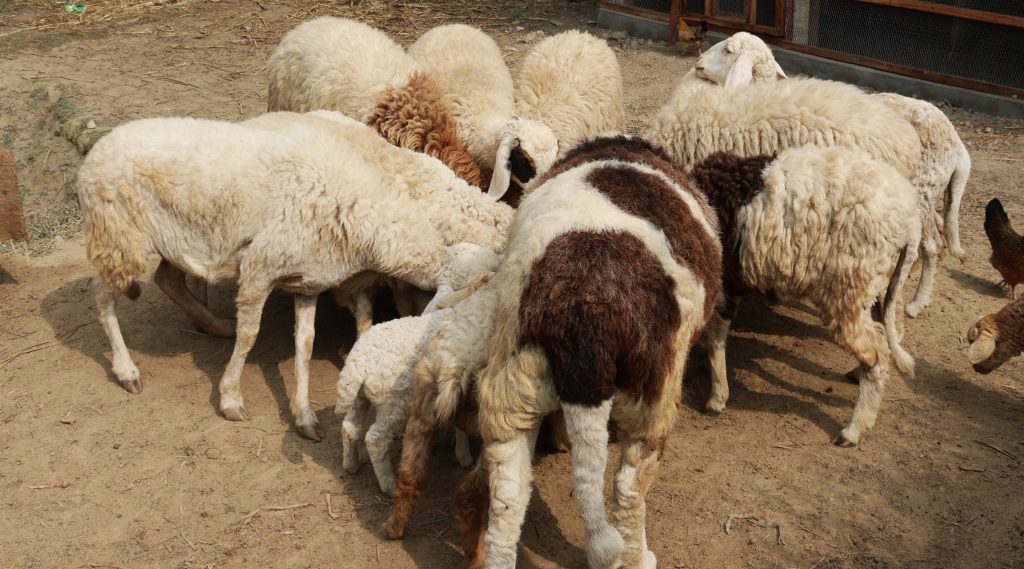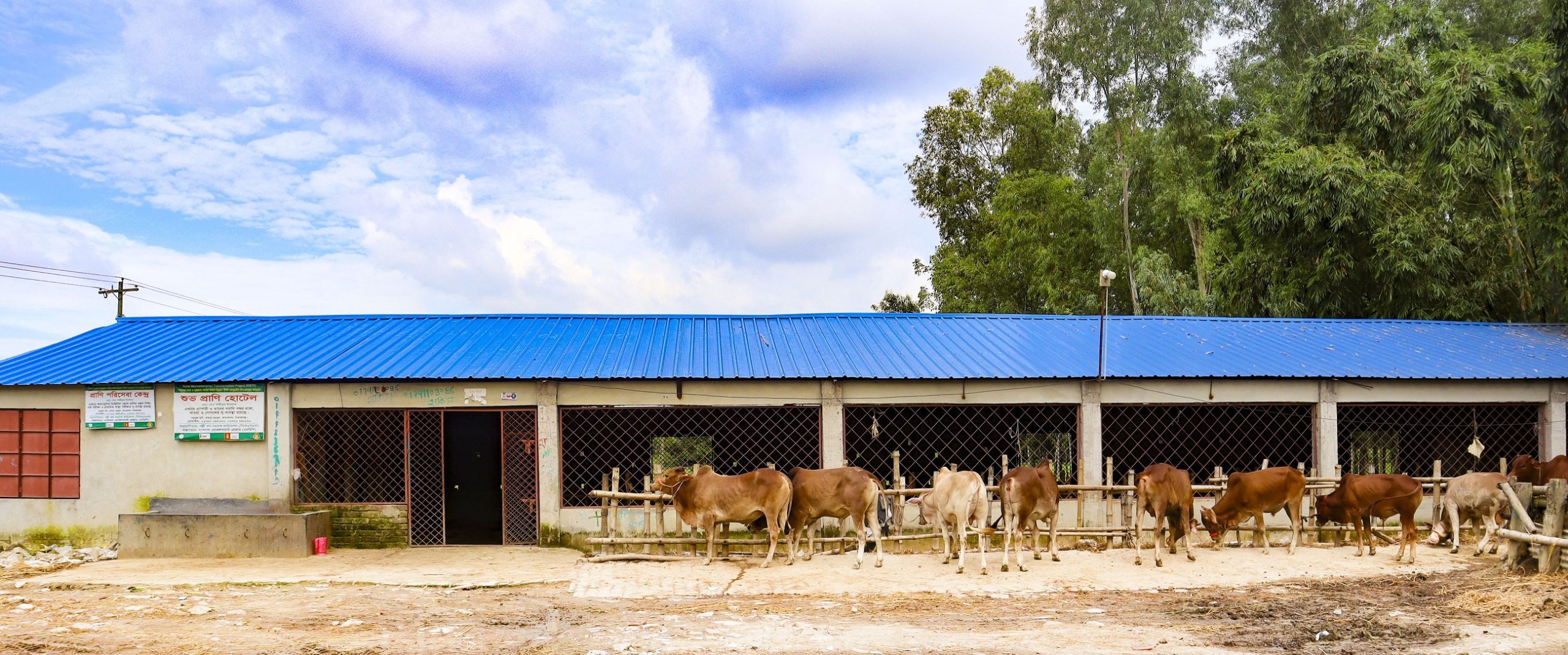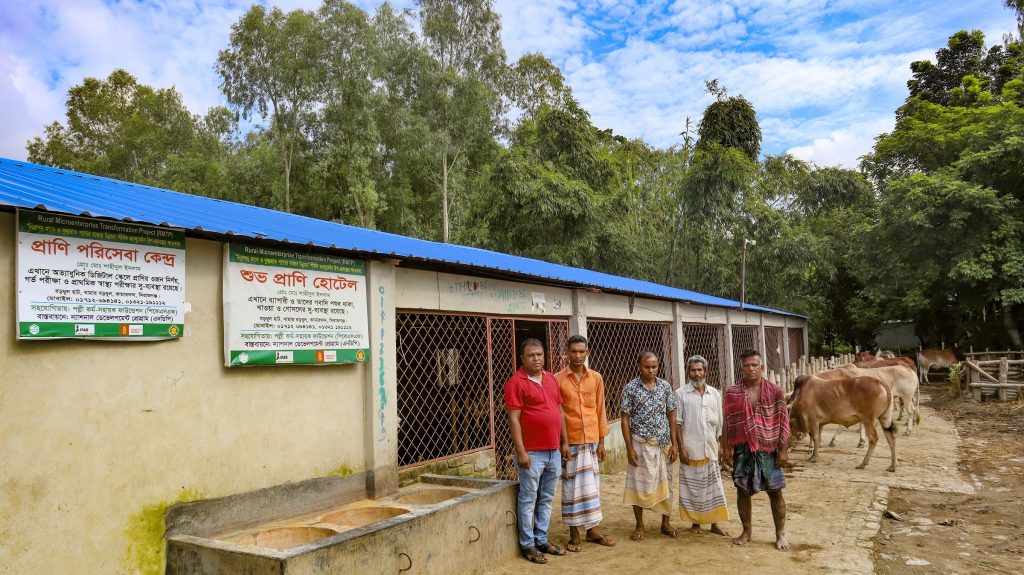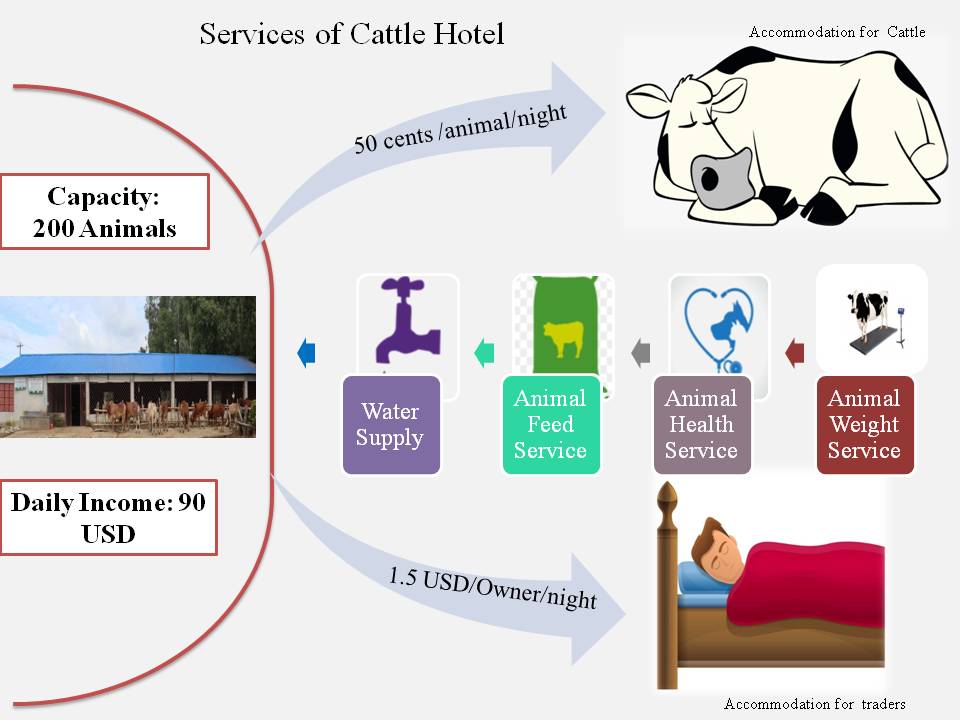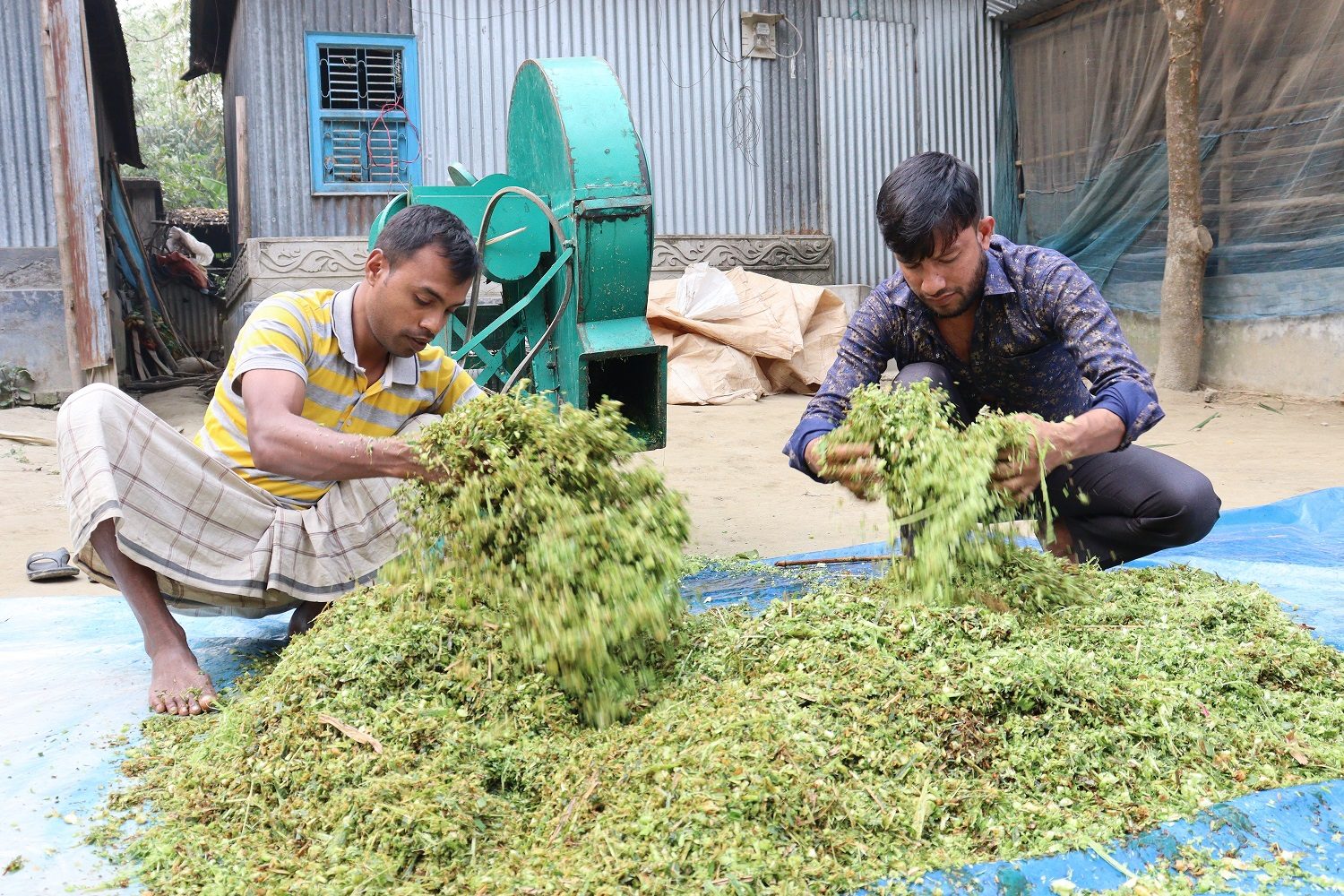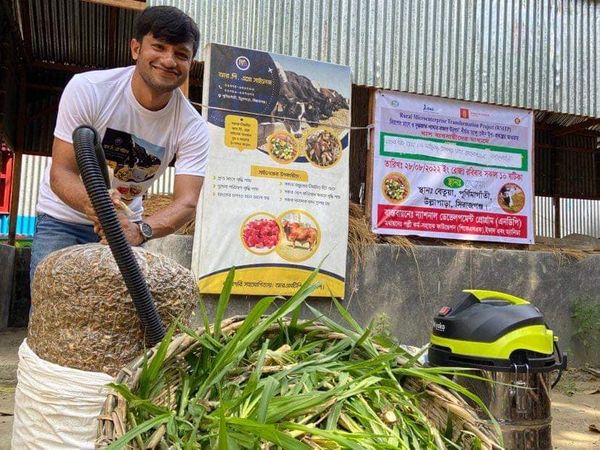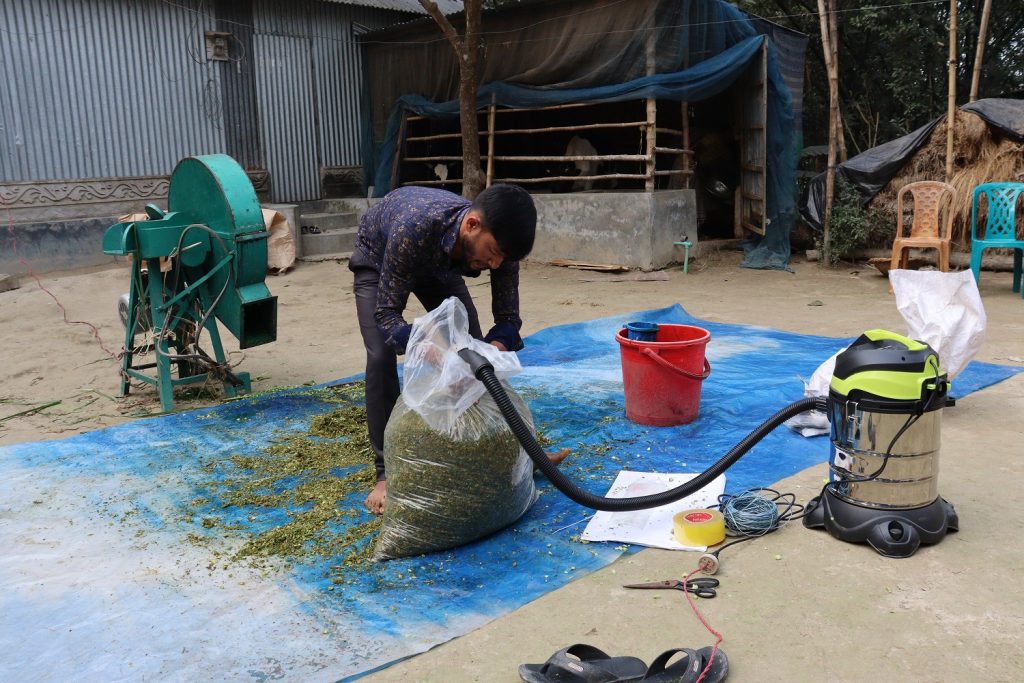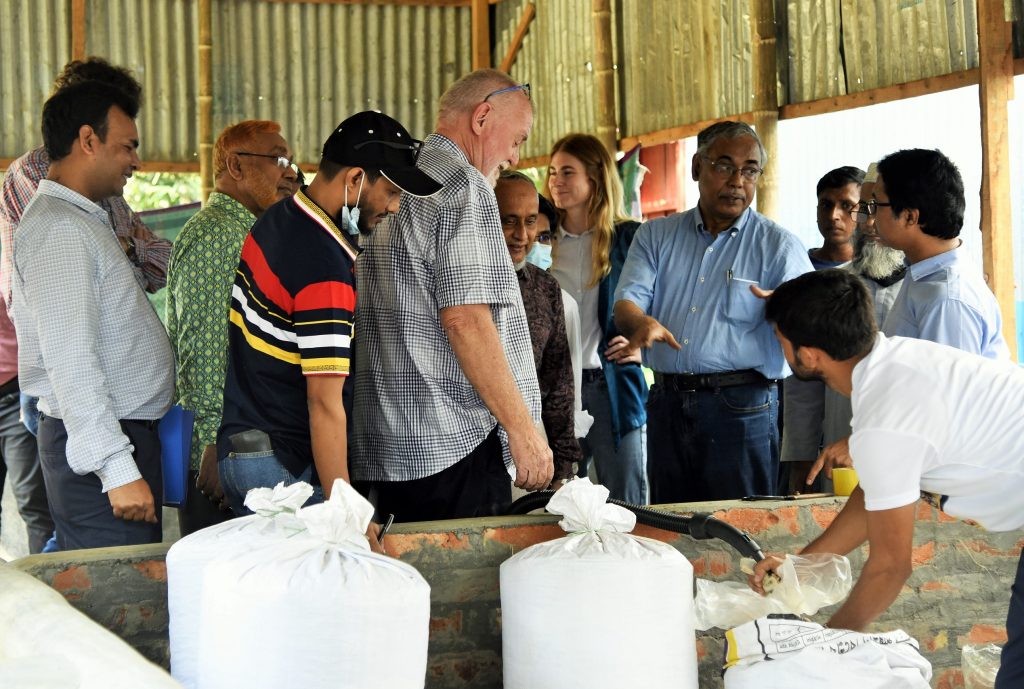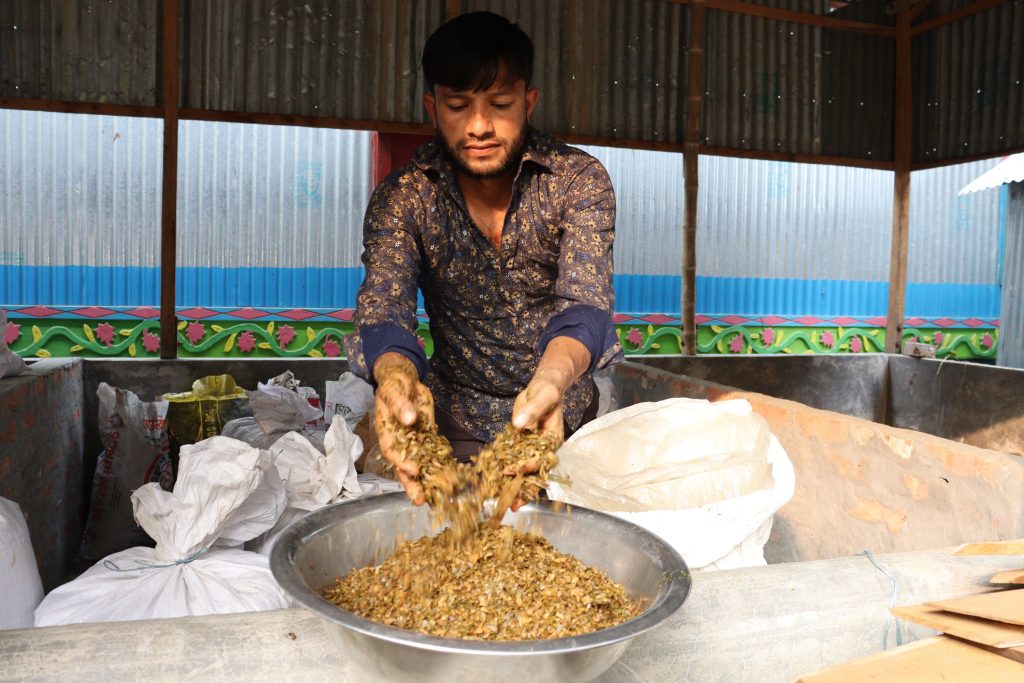ToT on Global GAP-Poultry Standard organized
A three-day long training titled on Global GAP-Poultry Standard was recently organized at Dhaka for Veterinary Practitioners. This is the first-ever initiative in Bangladesh under Rural Microenterprise Transformation Project (RMTP), supported by the International Fund for Agricultural Development (IFAD), the Danish International Development Agency (DANIDA), and the Palli Karma-Sahayak Foundation (PKSF), to ensure safe meat and egg for the consumers.
PKSF and Biotech Masroom organized the program which was held from February 12th to 14th. Attending the event were 25 participants led by trainers Dr. Md. Arif Mahmud, Basetchana Francina Thabane and Dr. Susita. They discussed topics such as broiler chicken rearing, safe poultry farm construction, safe feed and water management, and food safety.
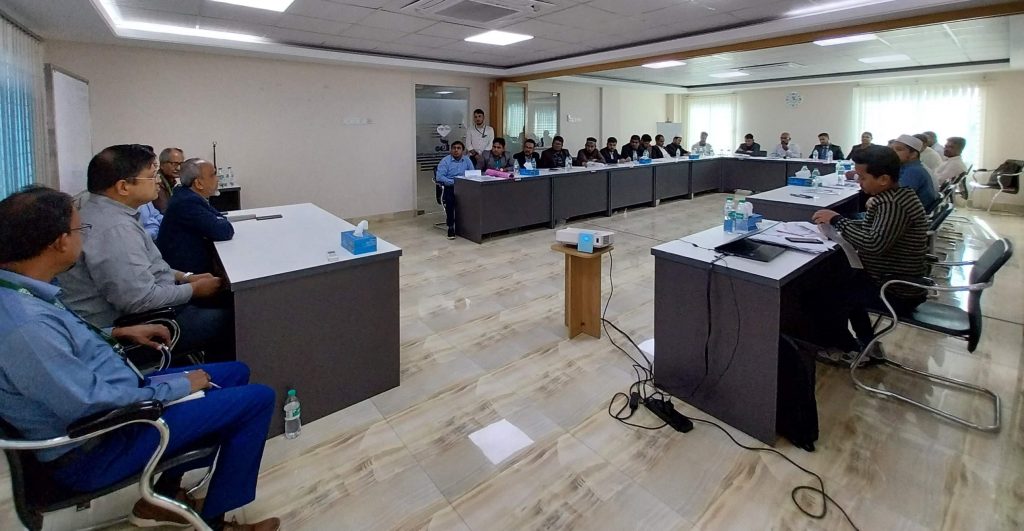
At the closing ceremony, Dr. Akand Md. Rafiqul Islam, Senior General Manager of PKSF and Project Coordinator of the RMTP Project, expressed the importance of providing training on good agricultural practices in Bangladesh to ensure safe food. According to him, it is only when food is safe that a nation can be strong and well-nourished.
Trainer Mahmud echoed his sentiments, adding that through this kind of training, the country’s farmers can be encouraged to produce safe poultry products and raise chickens even at a marginal level with proper guidance and education on good agricultural practices.
